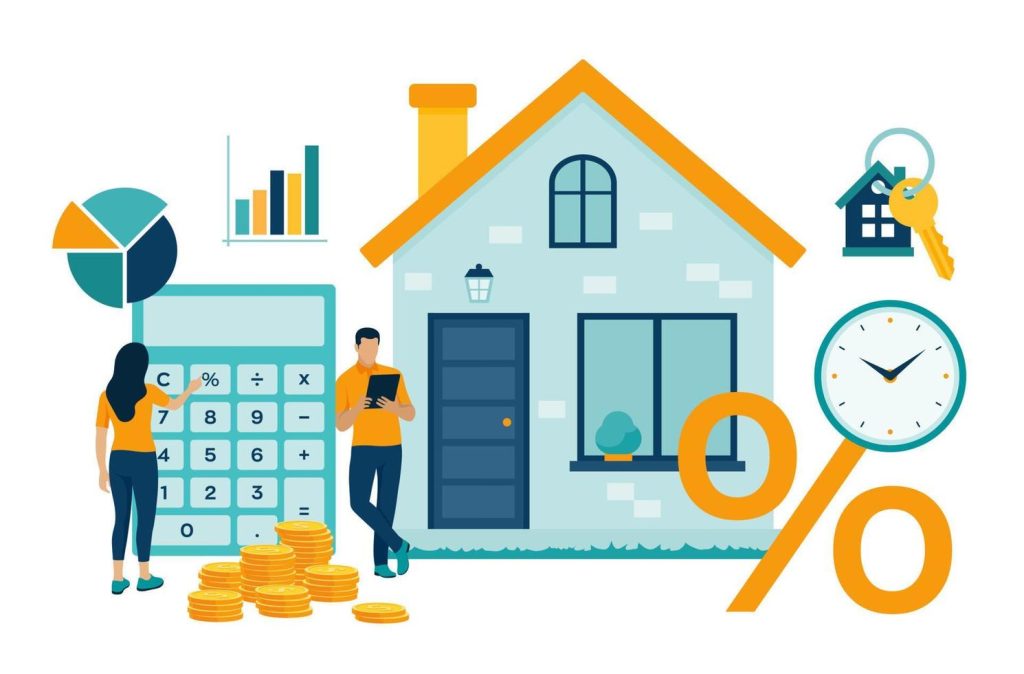In today’s evolving job landscape, the traditional concept of stable employment has shifted towards a more flexible and dynamic model, with freelancers and gig workers becoming a significant force in the workforce. While this trend has provided individuals with newfound autonomy and flexibility, it has also posed challenges, especially when it comes to securing a mortgage. Recognizing the importance of supporting self-employed homebuyers, the Federal Housing Administration FHA has introduced FHA loans tailored to meet the unique needs of freelancers and gig workers.
FHA Loans: A Lifeline for Self-Employed Individuals
FHA loans have long been celebrated for their accessibility and favorable terms, particularly for first-time homebuyers. These loans are insured by the FHA, a part of the U.S. Department of Housing and Urban Development HUD, which enables lenders to offer more lenient eligibility requirements and down payment options. This has traditionally been a boon for individuals with limited financial resources or credit history. Now, the FHA has expanded its reach to embrace the self-employed, acknowledging the diverse income streams and financial complexities faced by freelancers and gig workers.
Flexibility in Income Documentation
One of the main hurdles self-employed individuals encounter when seeking a mortgage is the challenge of proving a consistent and stable income. Unlike salaried employees, freelancers often have variable earnings that may fluctuate from month to month. The FHA’s new guidelines take this into account, allowing freelancers to provide alternative documentation to demonstrate their income stability. This can include tax returns, bank statements, and even invoices from clients. By considering a broader range of income documentation, FHA loans empower self-employed homebuyers to showcase their ability to meet mortgage obligations.

Credit Considerations
Credit history is a critical factor in mortgage approval, and self-employed individuals might face unique credit challenges due to irregular income patterns. The FHA recognizes that a few blemishes on a credit report should not necessarily disqualify self-employed homebuyers from securing a loan. While credit standards still apply, FHA loans often offer more lenient criteria, giving freelancers and gig workers with less-than-perfect credit histories an opportunity to achieve their homeownership dreams.
Down Payment and Closing Costs
The financial demands of purchasing a home can be daunting, but FHA loans help ease the burden for self-employed homebuyers. These loans typically require a lower down payment compared to conventional mortgages, which can be immensely helpful for individuals who might not have substantial savings due to the nature of their work. Moreover, FHA loans allow for the inclusion of closing costs into the loan amount, reducing the immediate financial strain during the homebuying process.
The rise of freelancers and gig workers has reshaped the way people engage with work, offering newfound flexibility and opportunities visit page. However, navigating the path to homeownership as a self-employed individual has historically been challenging due to income variability and other factors. FHA loans designed for freelancers and gig workers provide a solution, acknowledging the evolving nature of work and offering tailored mortgage options that consider alternative income documentation, credit situations, and financial constraints. As the workforce continues to evolve, FHA loans stand as a testament to the commitment to inclusivity in the realm of homeownership, ensuring that the benefits of this financial milestone are accessible to a wide range of individuals.